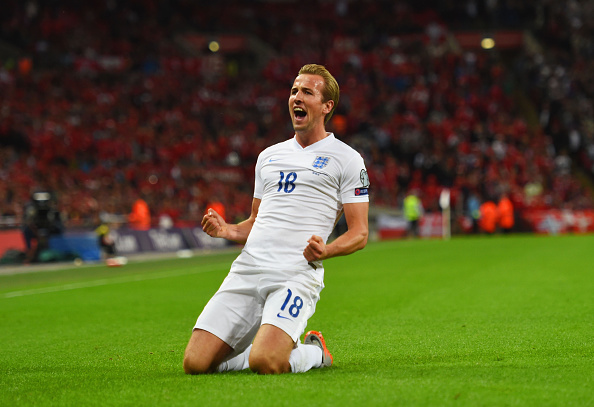Euro 2020 is entering its final stages across the Atlantic, and there have already been plenty of shocks.
The most challenging group of them all was Group F, featuring the reigning World Champions (France), the reigning European Champions (Portugal) and the most successful European team of all time (Germany). Not one of those three teams made it to the quarter-finals. Belgium eliminated Portugal, France were shocked on penalties by minnows Switzerland and Germany fell 2-0 to England.
That sparked jubilant scenes in England, with the result making the national news headlines. Their relatively dry performance against Scotland was quickly forgotten in a rush of patriotism and celebration. Every newspaper carried the win on the front page, and an entire nation rejoiced. Even CNN ran pictures of England fans celebrating across the globe, revelling in their Raheem Sterling-inspired win. Oddly, the win came in the Round of 16, for which there are no trophies awarded, no medals on offer. The result did see England move to become tournament favorites in the latest Euro 2020 Winner Odds by Bwin, but nothing had been decided. Why is it then that a run-of-the-mill game in the early stages of the knockout phase caused so much delight in England?
To get your answer, you must go back to the long, hot summer of 1966. Billy Casper won the US Open, Baltimore Orioles were on their way to the World Series, and Hawaii, starring Julie Andrews and Max von Sydow, topped the box office charts. In England, the soccer World Cup was being held, and the hosts won it. They beat West Germany 4-2 in the final, with a disputed third goal sealing the victory. It was seen as a justified title in England, the home of soccer finally being crowned world champions.
Four years later, England led West Germany in the quarter-finals of the Mexico World Cup. Cruising at 2-0, manager Alf Ramsey took off two of his best players to rest them for the inevitable semi-final clash with Italy and a possible final against the tremendous Brazilian side of the era. It seemed a formality, and a complacent England rested on their laurels, to their detriment. Three German goals later, England was out of the tournament, and so began 55 years of pain and suffering.
England failed to qualify for World Cups in 1974 and 1978. In 1982, failure to beat West Germany in the second group stage of the 1982 tournament in Spain meant elimination. In 1990, England reached the World Cup semi-finals in Italy, where West Germany was the opponent. The two sides battled to a gruelling 1-1 draw, only for the German side to advance on penalties, eventually winning the competition.
The misery continued. In 1996, England hosted the European Championships. After thrashing the Netherlands 4-1 in the group stages and beating a good Spain side in the quarter-finals, a unified Germany awaited in the semi-final. Once again, a hard-fought 1-1 draw resulted in penalties, where the current England manager, Gareth Southgate, missed a crucial penalty kick. Germany had beaten England again.
In the 2010 World Cup, England’s golden generation was pushing for one last chance of glory. However, a weak group stage campaign, which included a 1-1 draw with the US Men’s National Team, saw them qualify as runner up, meaning a Round of 16 tie against Germany. The ruthless Germans led 2-1 heading into halftime when a Frank Lampard shot cannoned down off the bar, over the line and out. The referee failed to award the goal, and Germany went on to win 4-1. English hearts were broken.
That is why a Round of 16 victory meant so much to a nation. For 55 years, they have failed to beat their archenemies in a knockout game. Whenever England drew Germany in a competition, fans accepted that it meant the end of the line. This summer, for the first time in a generation, the Three Lions were on the right side of the result. For many, that could be as important as any trophy or medal.
Add The Sports Daily to your Google News Feed!







